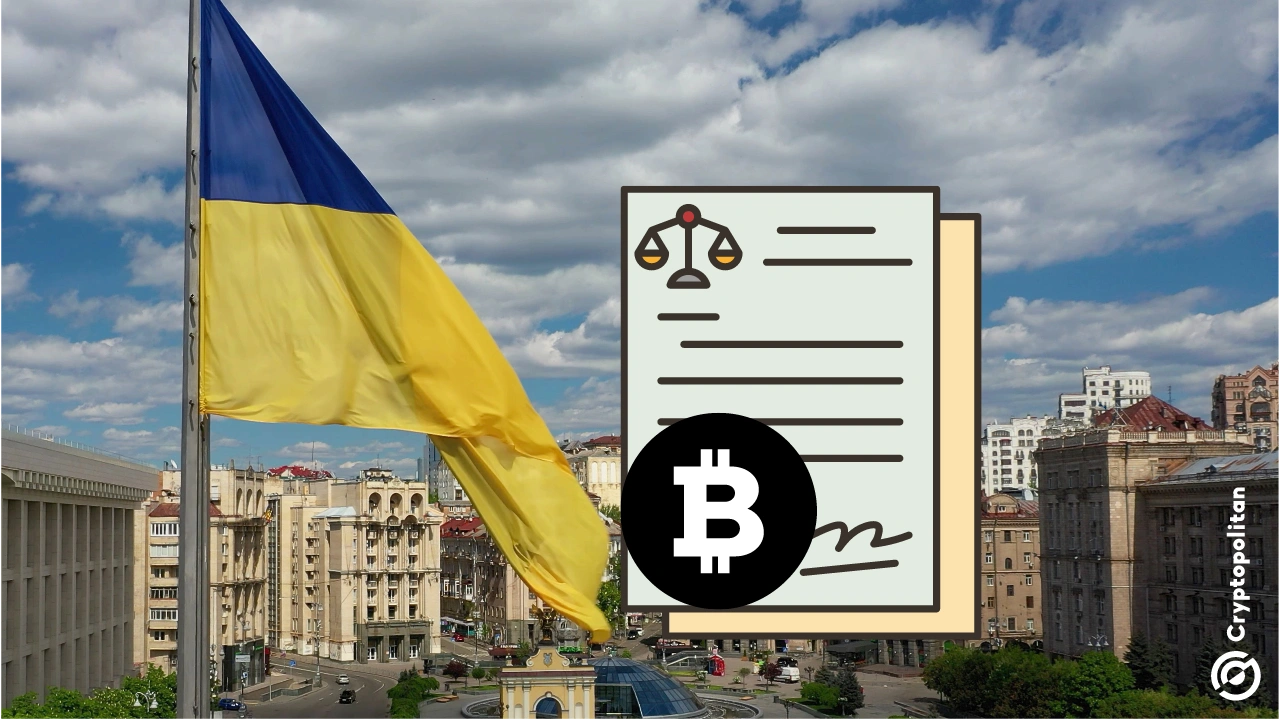Cryptocurrency will finally go legit in Ukraine in the first quarter of 2025. But before anyone gets starry-eyed, here’s the catch: tax exemptions are off the table. Profits will face the same treatment as securities, with taxes applied only when crypto assets are converted into cold, hard fiat.
This revelation came straight from Danylo Hetmantsev, head of Ukraine’s Parliamentary Committee for Finances, Tax, and Customs Policy, during the Domestic Investment Opportunities forum.
Hetmantsev confirmed that lawmakers, alongside the National Bank and the IMF, are finalizing a draft law for its first reading. “The text will be ready after the New Year. We aim to pass this law and legalize cryptocurrency in 2025,” he said.
Ukraine’s decade-long crypto evolution
Ukraine’s relationship with cryptocurrency has been a saga. Back in 2014, the National Bank of Ukraine (NBU) outright dismissed Bitcoin, calling it a “money surrogate.” They banned it for payments, citing risks tied to anonymity and a lack of regulation. It was a clear no-go from the government.
Fast forward to 2017, and things started to change a little bit. Ukraine proposed its first draft law to recognize crypto as property and set up tax guidelines for trading and mining. But nothing came of it.
The situation remained murky until 2021 when the Verkhovna Rada—the country’s parliament—decided to legalize virtual assets. Even then, the road was far from smooth. In 2022, lawmakers drafted another law to refine crypto regulations.
But President Volodymyr Zelenskyy vetoed it, sending officials back to square one. The government pressed on, and by 2023, they registered a new draft addressing industry concerns and setting the stage for what’s now unfolding.
Crypto as a lifeline in an unstable economy
Ukraine’s crypto adoption numbers are quite impressive. Between July 2023 and June 2024, the country raked in $106.1 billion in crypto inflows, according to Chainalysis. That makes Ukraine one of Eastern Europe’s top players, right alongside Russia.
With the hryvnia battered by inflation and the war, Ukrainians turned to crypto as a financial lifeboat. Decentralized exchanges (DEXes) in the country saw a 160% spike in activity, pulling in $34.9 billion over the past year. People needed stability, and Bitcoin and other digital assets provided just that.
Institutional investments poured in too. Amid the chaos of war, crypto offered a way to move money, bypass traditional banking systems, and weather economic uncertainty.
Officials see crypto as more than a stopgap. It’s a cornerstone of their strategy to rebuild the economy post-war. Mykhailo Fedorov, Ukraine’s Minister of Digital Transformation, has been open about the role crypto can play in attracting investments and supporting growth.
The draft law expected in early 2025 will align with Europe’s MiCA (Markets in Crypto-Assets) regulations. It is the final step toward legitimizing a booming sector already embedded in the country’s economy.
From Zero to Web3 Pro: Your 90-Day Career Launch Plan





